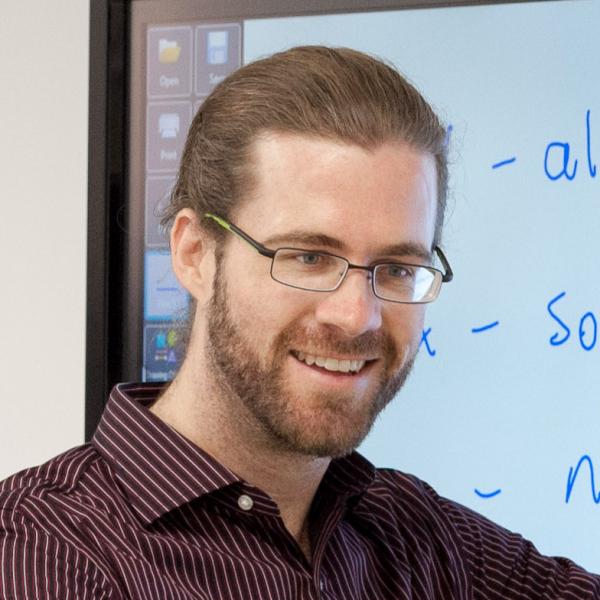27th June 2017
Mountains, beaches, skyscrapers, some of the planet’s most densely populated urban areas, Michelin-starred dim sum….Hong Kong is unique for many reasons. The number of English teachers is not one of them. But it should be.
In 1998, the Hong Kong government launched the Native English Teacher scheme (NET) which allowed local schools to employ English teachers from abroad in the hope it would boost English levels across the education system, provide cultural enrichment and expose students to authentic models of English language (whatever that means).
Wikipedia reports there are some 800 NET teachers currently employed in Hong Kong, though this figure is likely to be inaccurate, as there is a distinction to be made between NET teachers (teachers who are employed by individual schools to fulfill NET teacher roles) and those who are employed by the NET scheme (the EDB’s official NET employment programme). That is, not all NET teachers are a part of the official NET scheme because some schools choose to employ teachers independently.
The EDB quite clearly indicate that an appropriate TESOL qualification is a requirement, and in many cases, it is the Trinity CertTESOL that is the preferred qualification, as this is the only intensive pre-service TESOL course run in Hong Kong. The EDB also clarify their expectations of any TESOL training course to prepare teachers for the Hong Kong context, including language awareness, methodology, teaching practice and an understanding of sociocultural factors informing language use.
In spite of this, there are many NET teachers who do not meet these requirements, largely because some schools choose to employ teachers who either do not hold TESOL qualifications (but who have teaching experience) or who hold non-recognised TESOL qualifications (typically not-moderated, non-standardised online courses).
But does this really matter?
Without a doubt, 99% of the teachers (inexperienced or otherwise) who come through the CertTESOL course comment that it is one of the most transformative, challenging and rewarding programmes they have ever taken.
This would suggest that there must be some inherent benefit at a personal and professional level to engaging in officially moderated and quality-controlled professional development. In our experience as trainers, we can objectively vouch for the significant improvements in teaching, confidence and awareness that teachers from all walks of life make in the short space of 4 weeks on a CertTESOL course.
But what might be the benefits to Hong Kong? Is there really an imperative to accept more TESOL certified teachers? Does it really make a difference?
Arguably the most profound point to make is that, at the end of the day, teachers are accepting money to affect change in the lives of young people (in the case of NET teachers) or paying students (in the case of private sector TESOL teachers). So, by encouraging the employment of uncertified teachers, there is a far greater variability in the skill and knowledge of TESOL teachers as a collective group.
If you look to skilled and highly respected professions, there are some common factors amongst them:
- Teachers continue to be employed subordinates who are employed in organizations where those that govern do not belong to the occupation;
- There is no consensual base of professional knowledge;
- Membership is not carefully screened by the occupational group itself;
- Entry to teaching is eased by society, as compared to other professions: entry requirements are relatively lacking in rigour and length and the decision to enter can be made at almost any age.
So, as far as building the professional image of English Teachers, encouraging the employment of non-certified teachers ultimately serves to undermine the objectives of NET teachers in Hong Kong: to deliver quality educational experiences.
By allowing people to take professional shortcuts because it is cheaper to employ under qualified people, it becomes increasingly difficult to enforce standards of quality across a profession. This facilitates discriminatory processes (particularly when non-native teachers continue to be falsely perceived as less employable by schools in Hong Kong), and it limits the potential of students.
Hong Kong is unique in the sense that it has official programmes set up to allow and manage the provision of quality language teaching in a truly international context. Wouldn’t it be heartwarmingly utopian to think that Hong Kong schools might take a stand and demand quality for their students?



